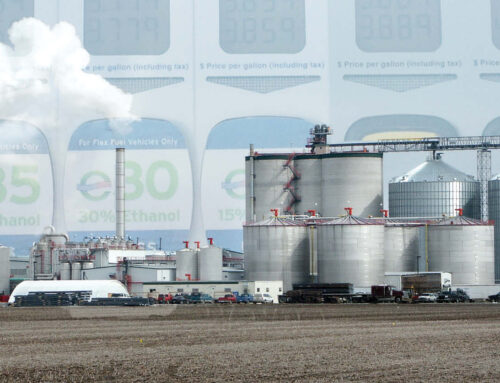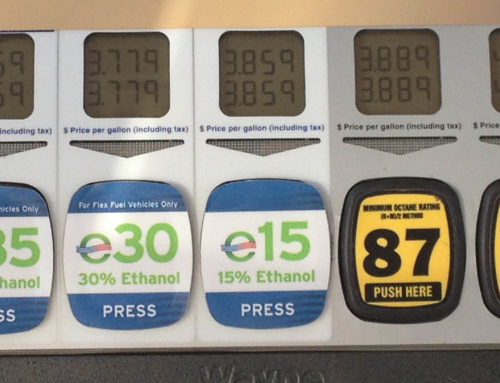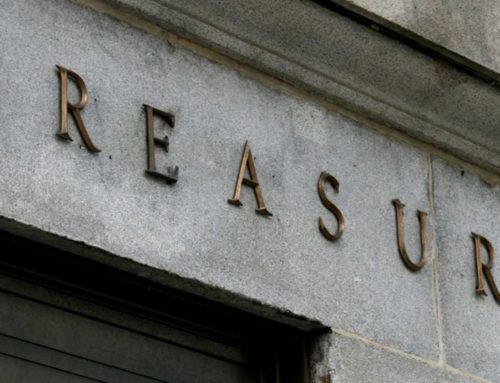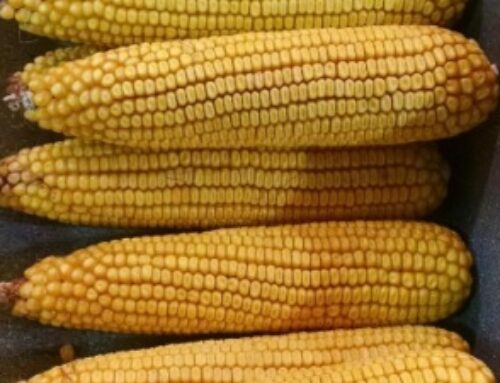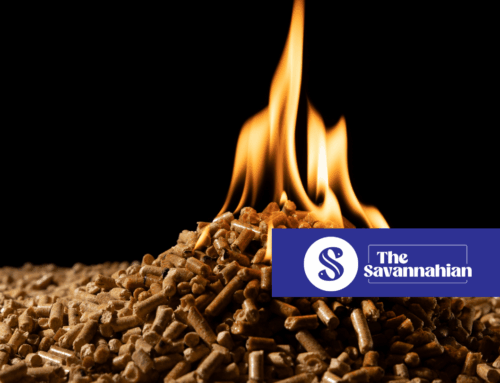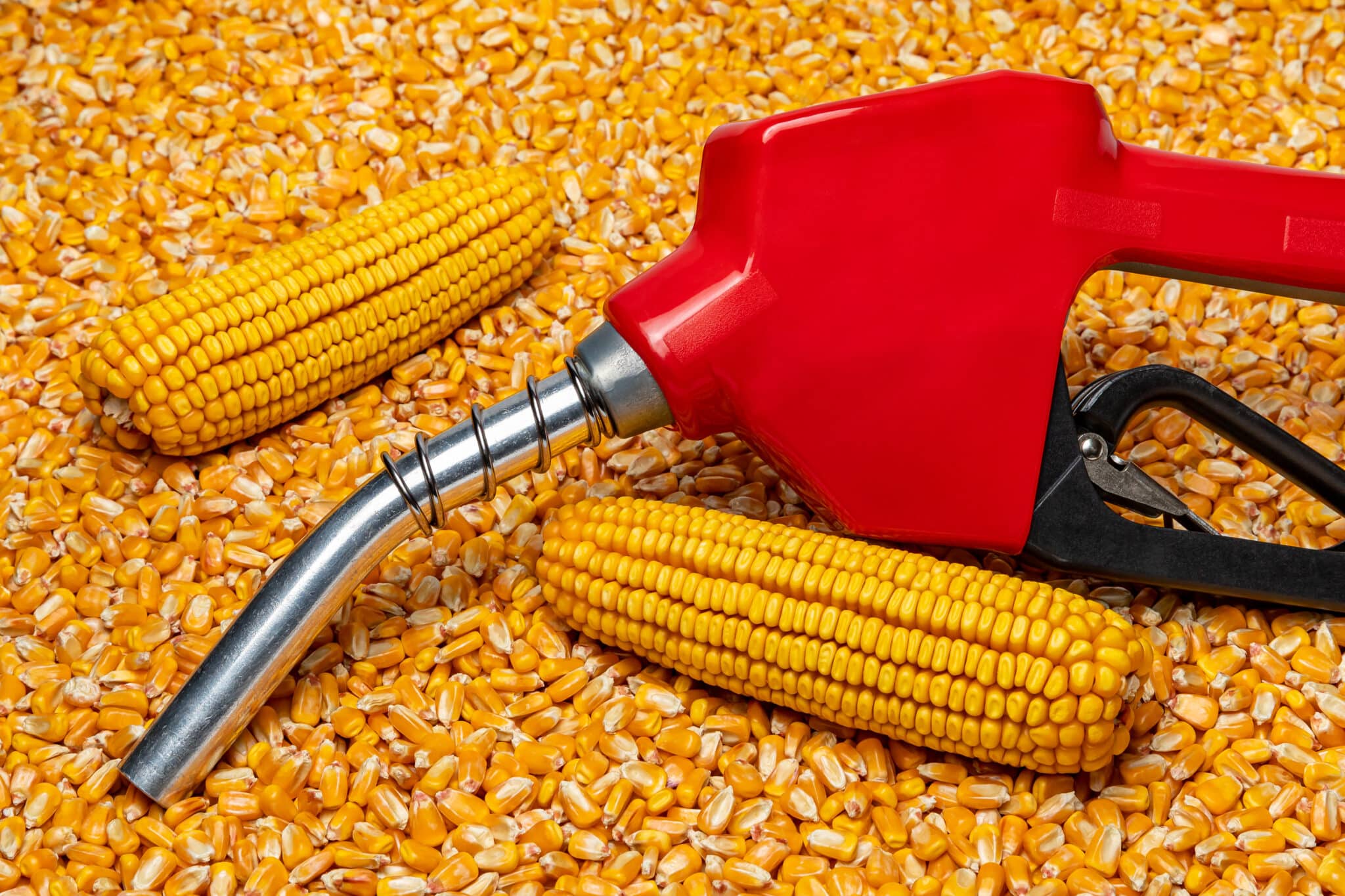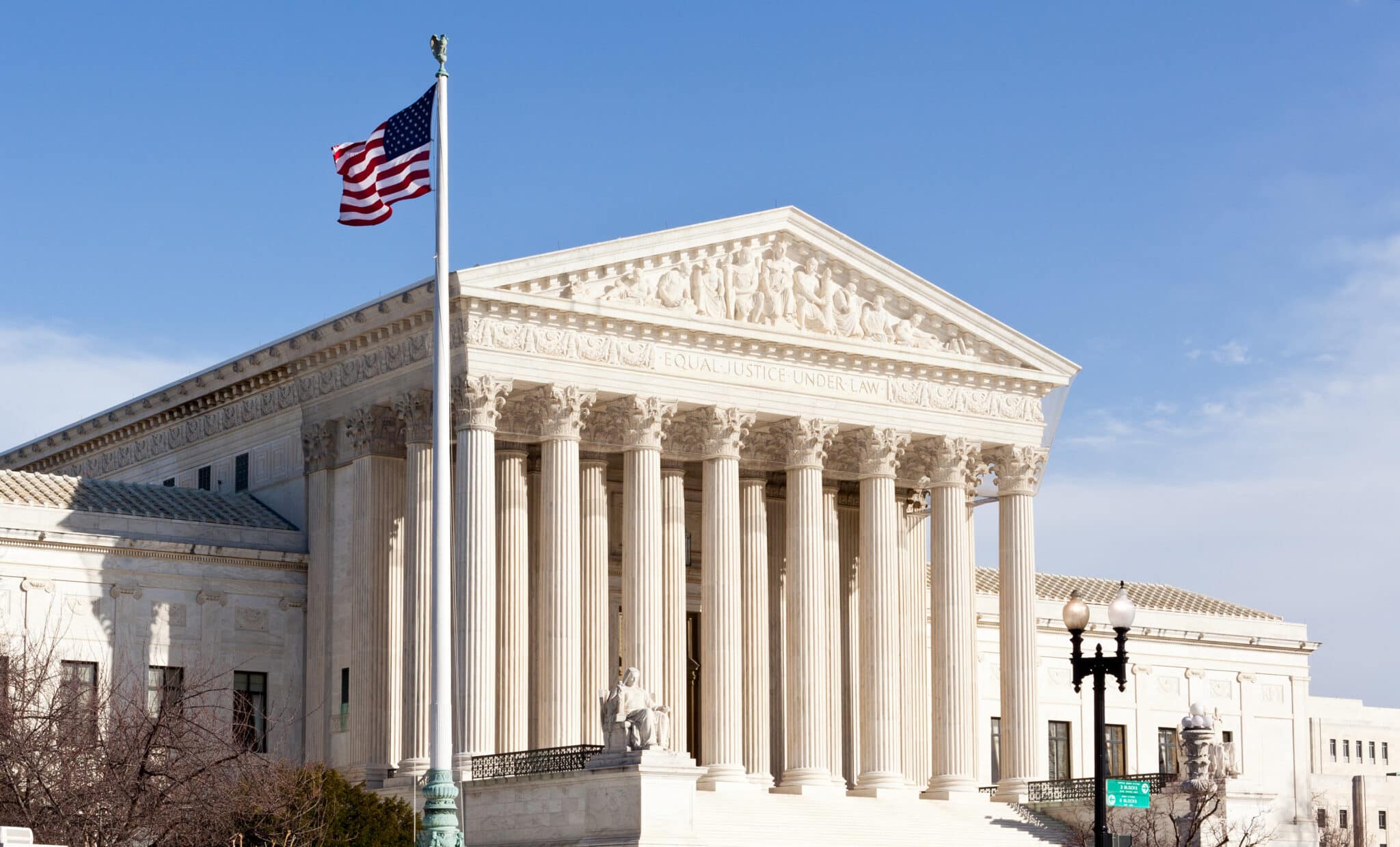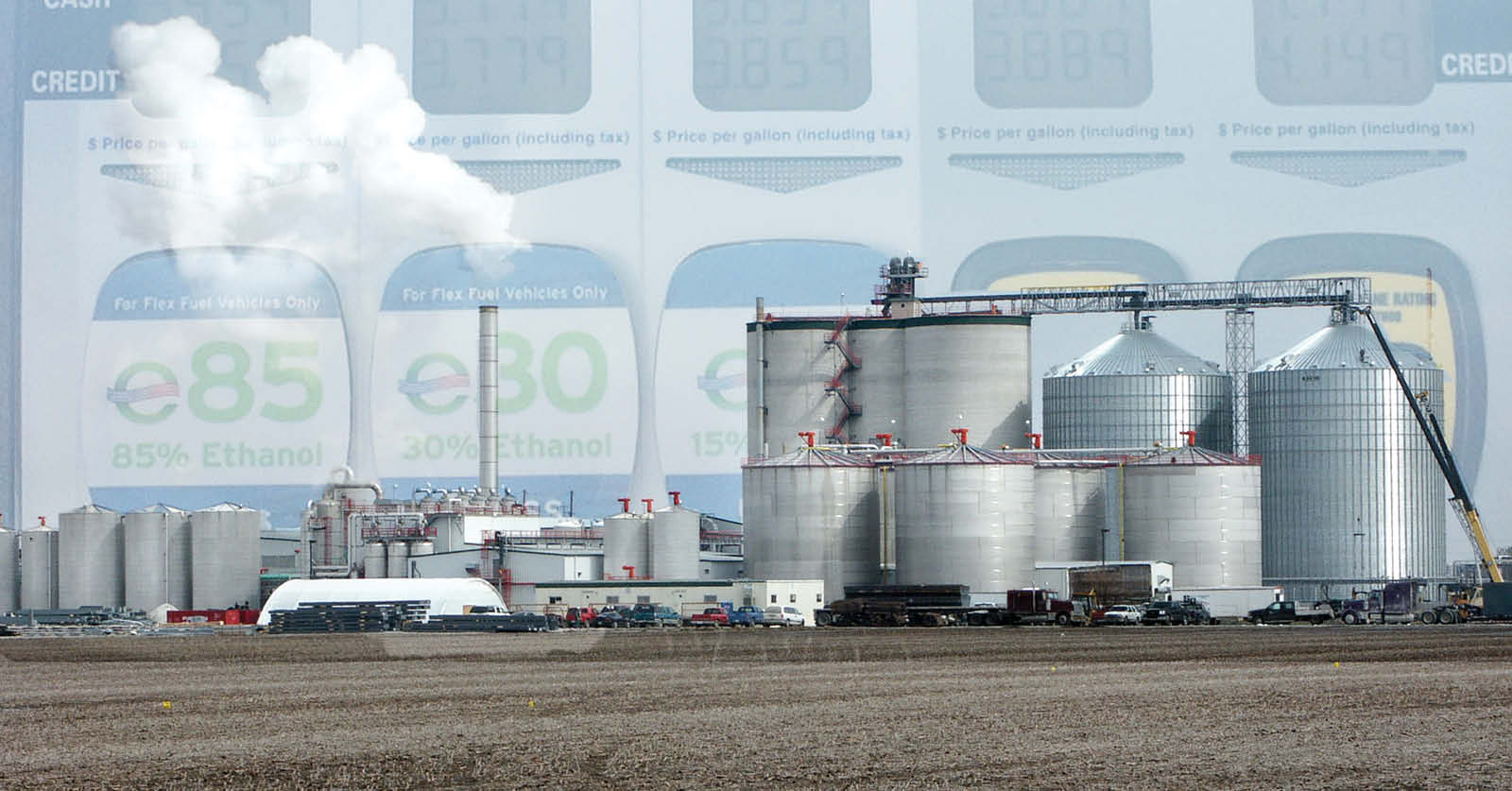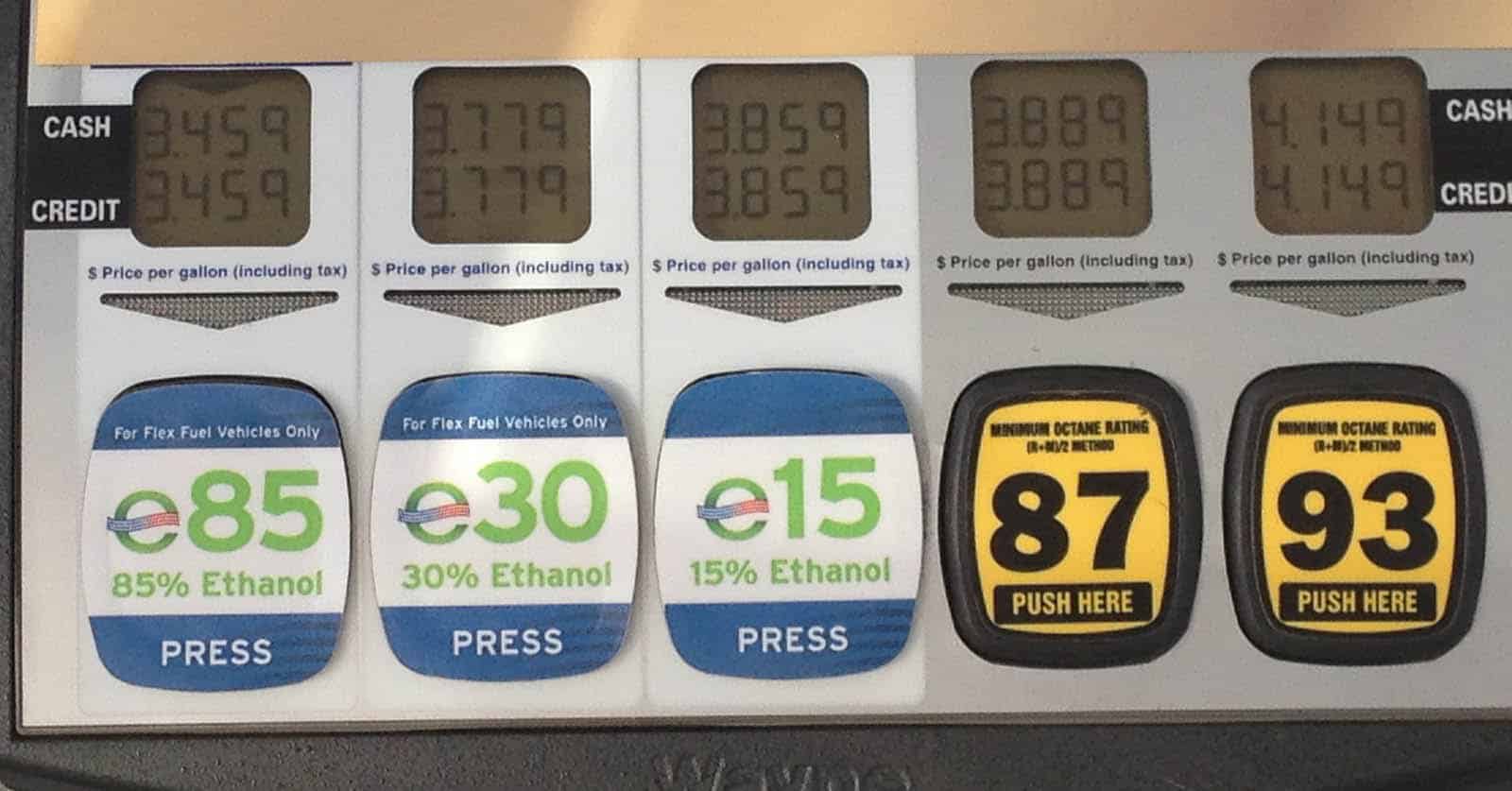According to recent comments made by Wade Cline, the Executive Vice President and General Counsel of DKRW Advanced Fuels LLC, the company is once again optimistic about its chances of securing a federal loan guarantee to finance the construction of its proposed $2 billion coal-to-liquid (CTL) facility near Medicine Bow, WY. If approved, the guarantee would force taxpayers to invest in a high-risk project using expensive, unproven CTL technology that is now eight years behind schedule.
In 2008, Medicine Bow Fuel & Power LLC (MBFP) – a DKRW subsidiary – applied for a loan guarantee of up to $1.75 billion though the US Department of Energy’s (DOE) Title XVII Loan Guarantee Program to finance project construction. DOE started evaluating the request in late 2009, and began conducting an environmental impact review of the project. The process stalled in 2010 when the review was shelved, and as of March 2013, the application was still considered inactive.
According to Cline, however, loan guarantee discussions between DOE and DKRW resumed shortly after Ernest Moniz’s appointment as Secretary of Energy in May, 2013. Though years have passed since DOE put its review of DKRW’s application on hold, the Medicine Bow project’s fundamentals are still shaky, and a loan guarantee for the facility’s construction would still be risky for taxpayers.
Since 2004, the Medicine Bow facility has faced a total of five construction delays as well as multiple unsuccessful attempts to secure financing. Last June, DKRW announced that it planned to start plant construction in July 2014 and have the facility operational by mid-2018. However, the recent approval of a 39-month extension to the facility’s construction permit by the Wyoming Industrial Siting Council has allowed DKRW to push back the timetable again.
The project gained some momentum in 2012 when DKRW contracted China-based Sinopec Engineering Group to construct the CTL facility. But in February 2014, DKRW terminated the agreement. After the break between the two, JP Morgan concluded that being disassociated with the risky Medicine Bow project actually improved Sinopec’s financials.
While construction has been delayed, DKRW has failed to attract any significant funding for the project. The company unsuccessfully attempted to secure $200 million in cost-share funding through the federal Clean Coal Power Initiative in 2004; and its requests to the State of Wyoming for $245 million in tax-exempt bonds and $100 million in industrial development bonds have also yielded no results. It did manage to garner an investment and borrow money from Arch Coal, one of the largest coal producers in the U.S. But after losing nearly $15 million of its investment in DKRW over the last eight years, Arch Coal has recently acknowledged that the project has no prospect of success, and its remaining equity and debt assets tied to Medicine Bow are unrecoverable.
DKRW has expressed optimism about its chances of getting a loan guarantee, but DOE should think twice about taking a second look at its application. The Medicine Bow CTL project relies on expensive, unproven technology, hasn’t attracted any private financing, and has no clear schedule for completion. As of March 2014, the consideration of DKRW’s $1.75 billion loan guarantee application was still on hold – DOE listed the schedule for the project’s environmental review as “uncertain.” For the sake of taxpayers, let’s hope it stays that way.


